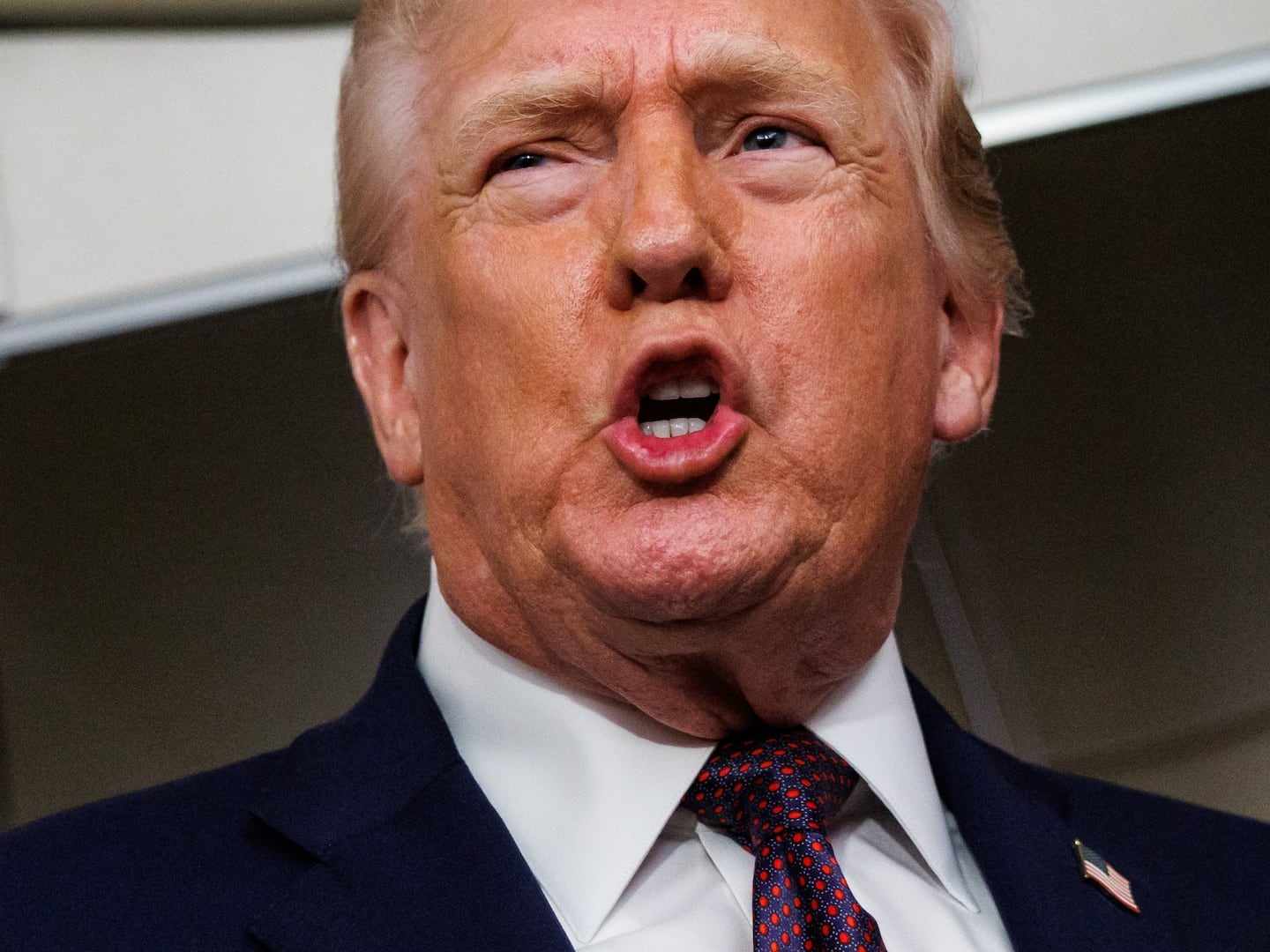LONDON—Lawyers representing the United States at Julian Assange’s extradition trial in Britain have accepted the claim that the WikiLeaks founder was offered a presidential pardon by a congressman on the condition that he would help cover up Russia’s involvement in hacking emails from the Democratic National Committee.
Jennifer Robinson, a lawyer, told the court that she had attended a meeting between Assange, then Republican Congressman Dana Rohrabacher, and pro-Trump troll Charles Johnson at Assange’s hide-out, the Ecuadorian embassy in London, on August 15, 2017.
Robinson said the two Americans claimed to be emissaries from Washington and “wanted us to believe they were acting on behalf of the president.” The pair allegedly told Assange that they could help grant him a pardon in exchange for him revealing information about the source of the WikiLeaks information that proved it was not the Russians who hacked Democratic emails.
“They stated that President Trump was aware of and had approved of them coming to meet with Mr. Assange to discuss a proposal—and that they would have an audience with the president to discuss the matter on their return to Washington, D.C.,” Robinson said.
The White House has denied that Trump took part in any such plan.
The claim itself is not new—Assange’s lawyers previewed the allegation in a pre-trial hearing in February—but this is the first time Robinson’s testimony has been heard in full. The WikiLeaks lawyer said Rohrabacher offered Assange the deal a year after emails that damaged Hillary Clinton in the presidential race had been published, when the Russia investigation was gathering pace. The stolen DNC emails posted by WikiLeaks were hacked by Russian operatives.
After Robinson read her testimony in a London courtroom on Friday, lawyers representing the U.S. accepted the witness statement as accurate and confirmed they had no intention of cross-examining the claim. They did dispute, however, that President Donald Trump gave his blessing for the pardon offer.
James Lewis, who was representing the U.S. government, said, “The position of the government is we don't contest these things were said. We obviously do not accept the truth of what was said by others.”
Rohrabacher, who was known as Putin’s favorite congressman, partially corroborated the claim back in February, saying at the time, “I spoke to Julian Assange and told him if he would provide evidence about who gave WikiLeaks the emails I would petition the president to give him a pardon... He knew I could get to the president.”
Rohrabacher said he followed up the meeting by calling then White House chief of staff John Kelly to discuss the pardon. However, the ex-congressman said he never spoke to Trump about it.
Regardless, Assange turned the offer down, his lawyers said.
Assange has argued that he should not be extradited to the U.S. because the American case against him is politically motivated. He spent almost seven years hiding in the Ecuadorian embassy in Central London, claiming that he would be jailed in the U.S. if he wasn’t granted asylum. He was kicked out of the embassy last year.
If Assange fails in his fight against extradition to the U.S., he will face 18 charges including conspiracy to commit computer intrusion, which, his defense argues, could result in a prison sentence of 175 years.






